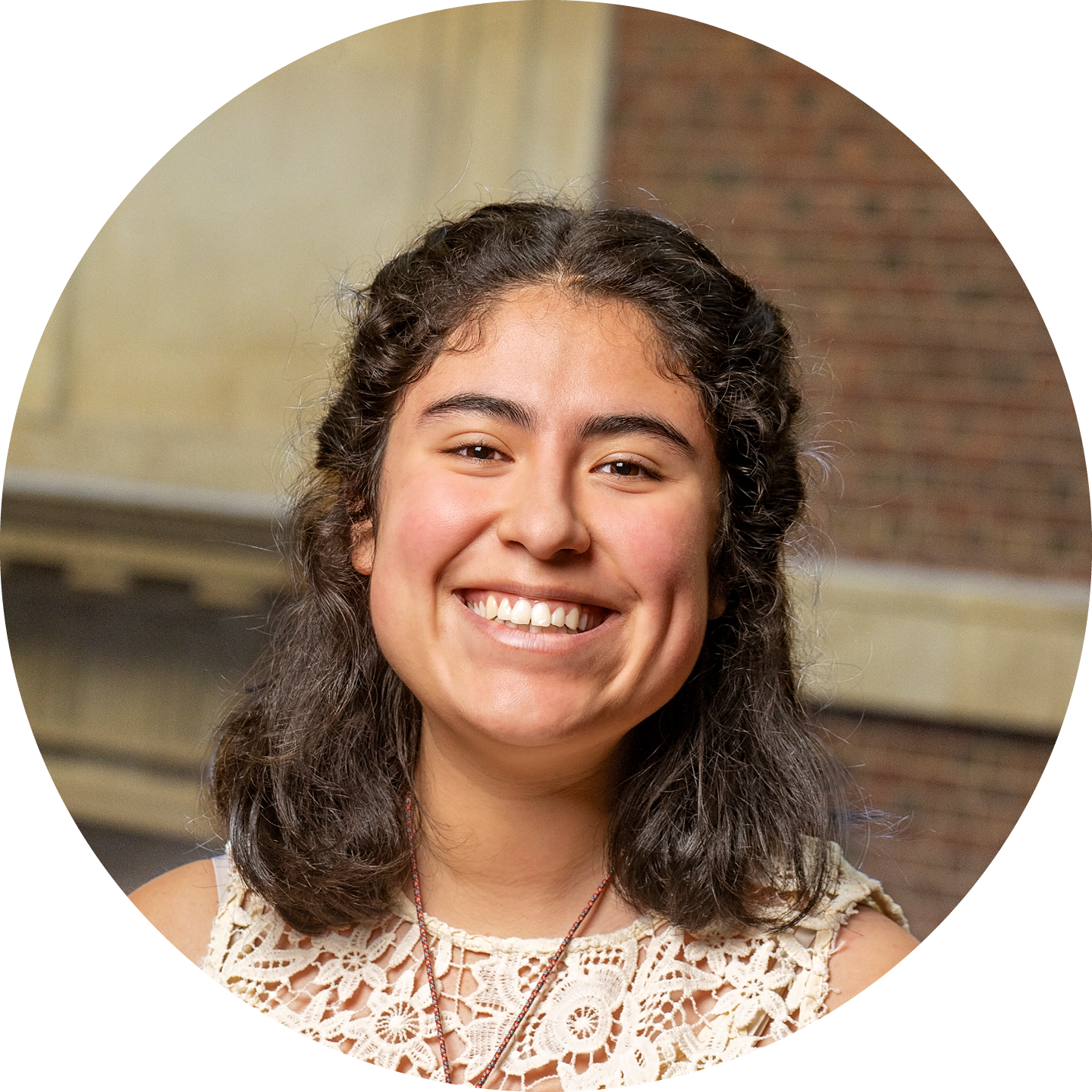During my time at university, most of my assignments have been research papers. I have come to discover helpful writing resources and strategies that I wish I had known back in my first year.
Did you know? The U of A offers several writing resources that can make your writing process easier, and help you get higher grades on your term papers, and midterm paper assignments!
Here are my tips for achieving success in your university writing:
Start early
I cannot stress this enough, start early! In the syllabus you can see all your deadlines in advance, so make sure to mark them on your calendar to keep them in mind during the semester.
Do not wait until the last minute to start working on your paper. As soon as you get the paper topics, or you have some time to work on your assignment, start doing it. Depending on the length and complexity of your assignment, you might want to start a couple of weeks or a week before, but not the night before it is due! You can get started by making a plan to keep your writing process manageable and organized. Even if you begin with small steps, you will end up realizing that you are already half-way through the paper - sooner than you might expect!
Make a plan
Start by setting a timeline of what sections of the paper should be done by what time, and in what order you are conducting your research. Brainstorming is key; take the time to think about your ideas and write them down. In this stage of the process, writing in bullet points counts! Writing an outline to plan the structure of your paper is useful. You might start your outline by thinking about your paper topic, considering what argument you are going to include, and coming up with your thesis statement. The outline can also help you to organize how you are going to connect your evidence with your arguments, and identify what bibliography sources to include in your paper. Anything that gets you started on your writing process works!
Utilize the U of A Library research and citation resources
The U of A library is a great place to get started on your research. You might want to consult the foundational research tutorials to help you get started. Ask librarians for help with finding the right bibliography for your research – you can contact them online via the library chat, or in-person. The U of A Library website contains specific subject guides and databases for all faculties and departments, which give you access to academic journals, e-books, physical copies of books, magazines, archives and video recordings. You can access pretty much everything you need for your research and papers through the library. There are also librarians specialized per department to assist you with more specific matters of your research.
Before you submit your paper, it is important to make sure that you are properly citing all the material, as well as using the right in-text and bibliography citations. The U of A library and the Purdue Online Writing Lab (OWL), offer comprehensive citation and formatting guides for all citation styles.
Take advantage of the Writing Services at the U of A
Writing support for U of A students is offered through Writing Services at the Academic Success Centre. One of these services for undergraduate students is Peer Tutoring.
Peer tutors help you develop the skills to improve your writing. They can help undergraduate students with the following: brainstorming, improving your paragraph and sentence structure, developing an effective writing routine, and getting verbal feedback on a draft. Undergraduate students can book an appointment for live (online) or in-person peer tutoring.
Graduate students can work with a writing specialist, who can give them written and verbal feedback on course papers, thesis chapters, journal articles, and funding proposals. Graduate students can book an appointment by emailing success@ualberta.ca. Writing Services also offers an Academic Copy Editing service (ACE) for clients working on articles for publication.
Throughout the academic year, writing services offer writing workshops on various topics to help you improve your writing skills, and they are free for current U of A students to attend.
Get one friend to read (and possibly comment on) your paper
Depending on the subject area of the paper, it might be useful to get feedback from someone else who is not as familiar with the topic. If they are not able to completely understand what you are saying in the paper, or if they cannot adequately follow the line of argument, that might mean that you need to do a better job of explaining the key ideas in you paper, and to organize and connect your arguments in a way that is accessible for the reader to understand. One piece of advice I often receive from my professors is to write in a way that a fifth grader is able to understand (although this might not apply to the disciplines that need to use more technical terms).
Go to office hours
Do not be afraid to approach professors, send them an email or show up to their scheduled office hours. Professors and TAs can guide you in your research and writing process. It is also a good idea to reach out to them if you are unsure about their expectations for the assignment – it is always better to ask in advance. Go to office hours prepared; bring questions about your paper topic, an outline or draft, or something you can get feedback on.
Be clear and concise
When writing, it is important that your sentences are clear and concise. Do not write broad, ambiguous statements, or try to make your sentences long just for the sake of taking up extra words. The clearer and less wordy you can get your point across, the better. One piece of advice I have received from my professors is to avoid formulating sentences with complicated words that most often we do not even understand. Changing words for fancy synonyms is not always ideal, simple and clear language is usually better. That being said, the Power Thesaurus synonym dictionary is a great resource to help you when you are struggling to come up with the right word for your sentence.
Edit, edit, edit!
This is a fundamental part of the writing process, so do not skip it! Editing can help you turn a good paper into an outstanding one. Editing is important for correcting typos and polishing the sentence and paragraph structure of the paper. Editing helps me identify sentences where I think “what did I mean to say here?” and gives me the opportunity to correct the paper before handing it in. Some of the questions I ask myself when editing are: does this order of ideas make sense? Do I need to re-arrange my arguments? Am I making the connections between arguments and evidence clear? Does everything I have written down have to be included? Can I cut out unnecessary text? When we are getting started in the writing process, we might often make mistakes with the placement of commas, or have sentences that are too long and that can be separated into two sentences. Consult this punctuation resource for guidance with comma use and run-on sentences.
Ask for feedback
Most of the time, professors will provide you with a rubric or written feedback and comments on your papers. If you are still feeling unsure about how you can improve your paper for the next assignment, it is always a great idea to reach out to your instructor and ask for further clarification.
Do not overthink it; it is fine!
Do the work and put in the effort, but trust yourself! I sometimes worry so much about writing the perfect paper, that I overwhelm myself to the point that I cannot even get started. Writing is a learning process, and we can learn the most from our mistakes. Do not get discouraged if your first paper results are not as you expected them to be. Take advantage of the writing resources on campus to strengthen your writing and research skills. Writing is a skill that we need to acquire, but practice makes perfect!

